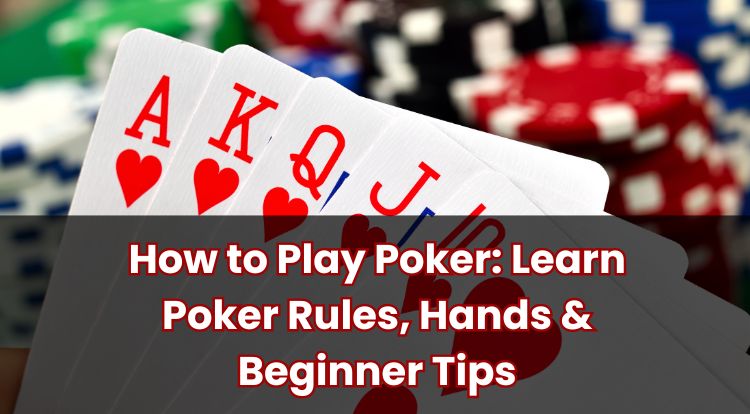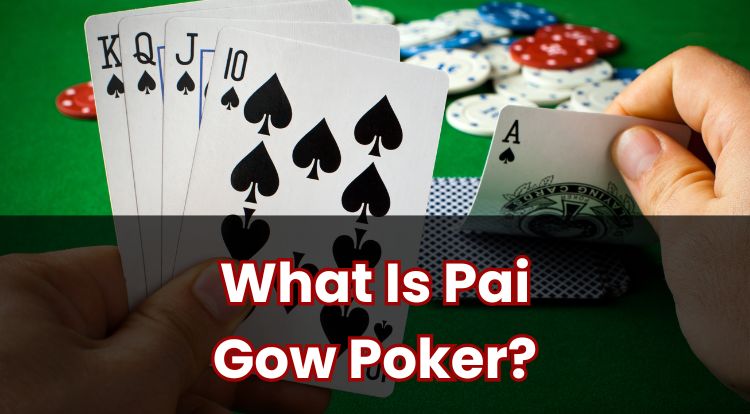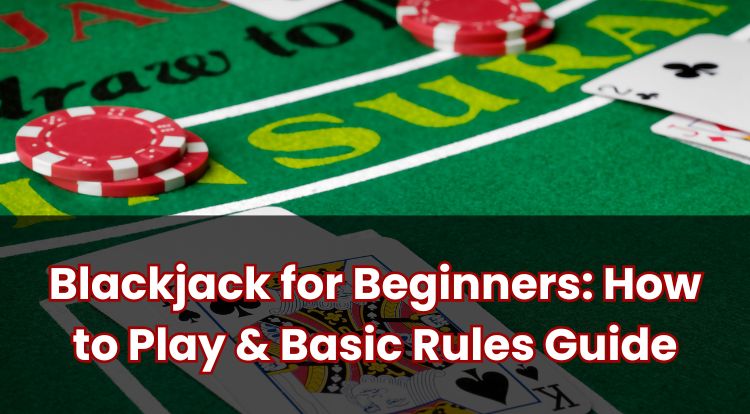What Does Hole Carding Mean In Blackjack?
Blackjack is a well-known card game played in casinos and online. It combines straightforward rules with elements of player choice, making it accessible to many. While terms like “dealer” and “hand” are familiar to most players, the phrase “hole card” may be less clear, especially to newcomers.
This article explains what a hole card is and how it fits into the game. If you’ve ever wondered about the dealer’s hidden card, read on to learn more.
What Is a Hole Card In Blackjack?
In blackjack, players compete against the dealer. Both the player and the dealer are dealt cards that determine how the hand progresses. The dealer places one card face up for all players to see, while the second card—known as the “hole card”—is dealt face down.
The use of the hole card varies depending on the version of blackjack being played. Many UK casinos offer “European blackjack,” where the dealer shows only one card initially and reveals the hole card after all players have completed their turns. Other common versions, sometimes called “American blackjack,” involve dealing both dealer cards at the start, with the second card remaining face down as the hole card.
The timing of when the hole card is revealed can affect how the hand develops. When playing online, it can be helpful to check the specific game rules, as different versions may handle the hole card in different ways.
What Is Hole Carding?
Hole carding refers to trying to see the dealer’s hole card before it is officially revealed. This can sometimes occur if the dealer accidentally shows part of the card, such as its edge, while checking for blackjack.
Some players may look for marks or other irregularities on the back of cards, but such practices are uncommon in well-regulated casinos and are generally considered unfair.
Hole carding is different from card counting, which involves keeping track of cards that have already been played. Hole carding specifically relates to identifying a single hidden card. Because of this, casinos take precautions and may act firmly if they suspect players are attempting to gain an advantage in this way.
Casinos licensed in the UK have strict measures to prevent hole carding. Players suspected of attempting it may be asked to leave or face other consequences in accordance with the casino’s rules. This applies to both physical casinos and online platforms, although online games are designed to prevent hole carding entirely.
Is Hole Carding Classed as Cheating?
UK casinos operate under strict regulations designed to ensure fair play and protect all players. Hole carding is viewed as an unfair advantage because it involves obtaining information that is not normally available during the course of the game.
Anyone found deliberately attempting to view the dealer’s hole card may be asked to leave the premises. In online settings, this could lead to account suspension or a ban.
Licensed casinos follow the UK Gambling Commission’s (UKGC) guidelines to offer games that are fair and secure. Hole carding is against both the rules of the game and the casino’s terms and conditions. Staff are trained to identify and respond to such behaviour, which is taken seriously.
Online blackjack games use certified Random Number Generator (RNG) software to deal cards. This technology ensures cards are dealt fairly and digitally concealed, making hole carding impossible.
Play Blackjack Online at Red Casino
If you are interested in trying online blackjack, Red Casino offers a selection of games suitable for both new and experienced players. Whether you prefer classic versions or more recent variations with added features, the game library includes a variety of options.
The website is designed to be easy to use and is compatible with both desktop and mobile devices, allowing players to access games at their convenience. For those new to blackjack, guides and tips are available to help understand the game and its rules.
Support is also on hand should you have any questions. With an emphasis on security, a diverse range of games, and user-friendly features, Red Casino provides a regulated environment for those exploring online blackjack.
**The information provided in this blog is intended for educational purposes and should not be construed as betting advice or a guarantee of success. Always gamble responsibly.




